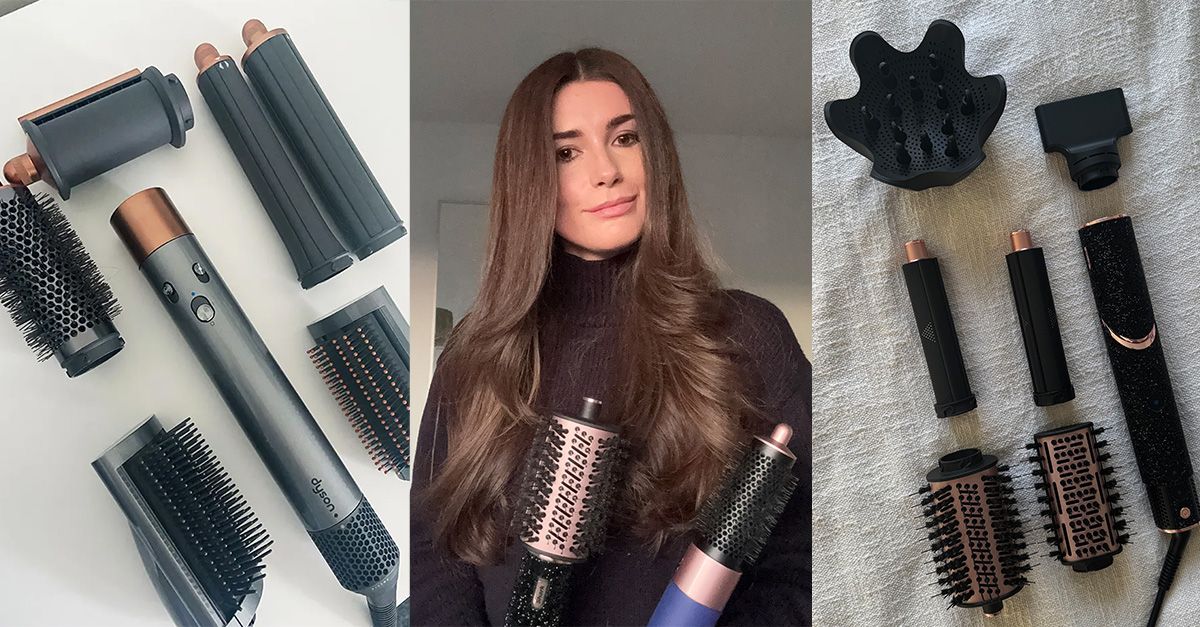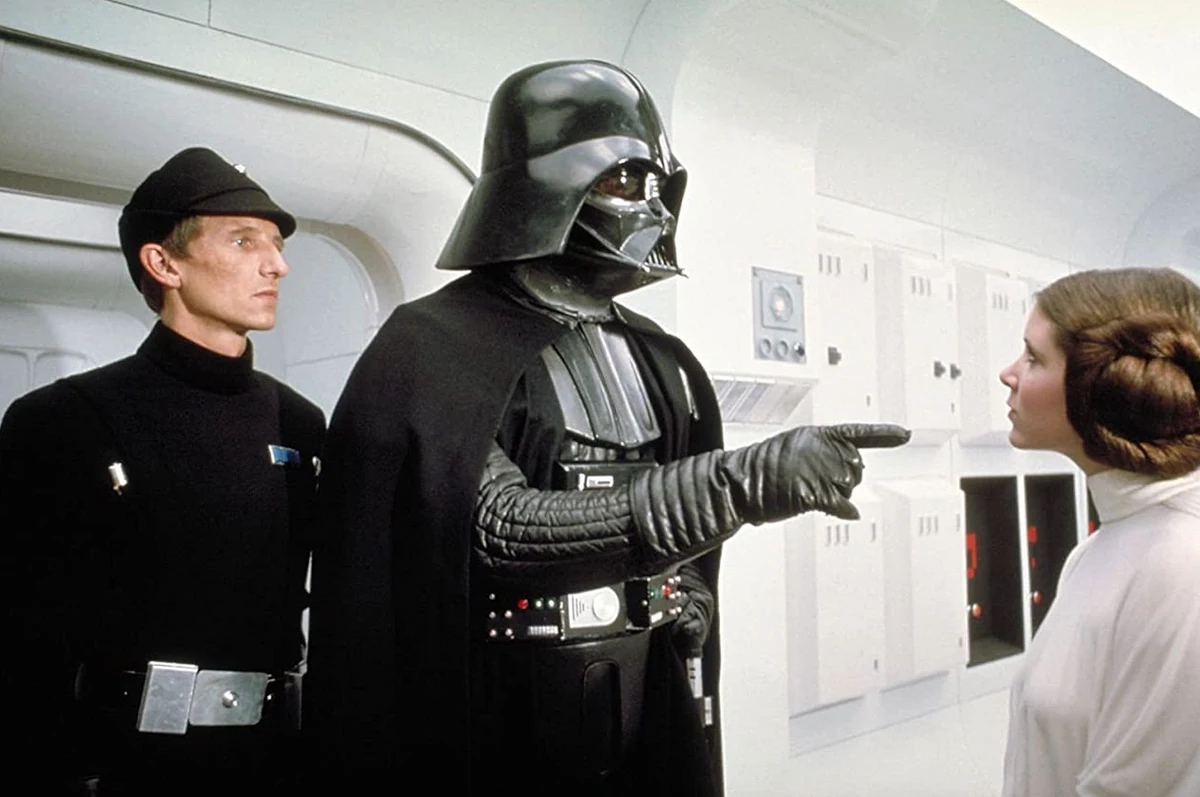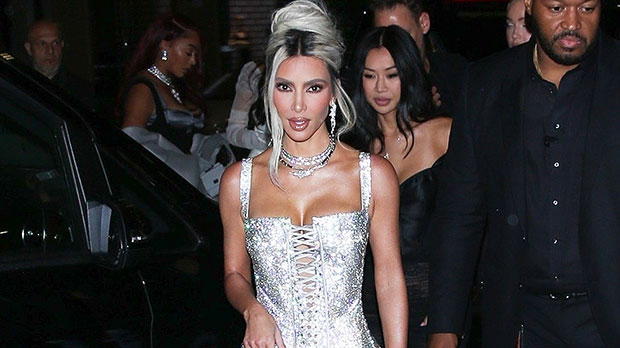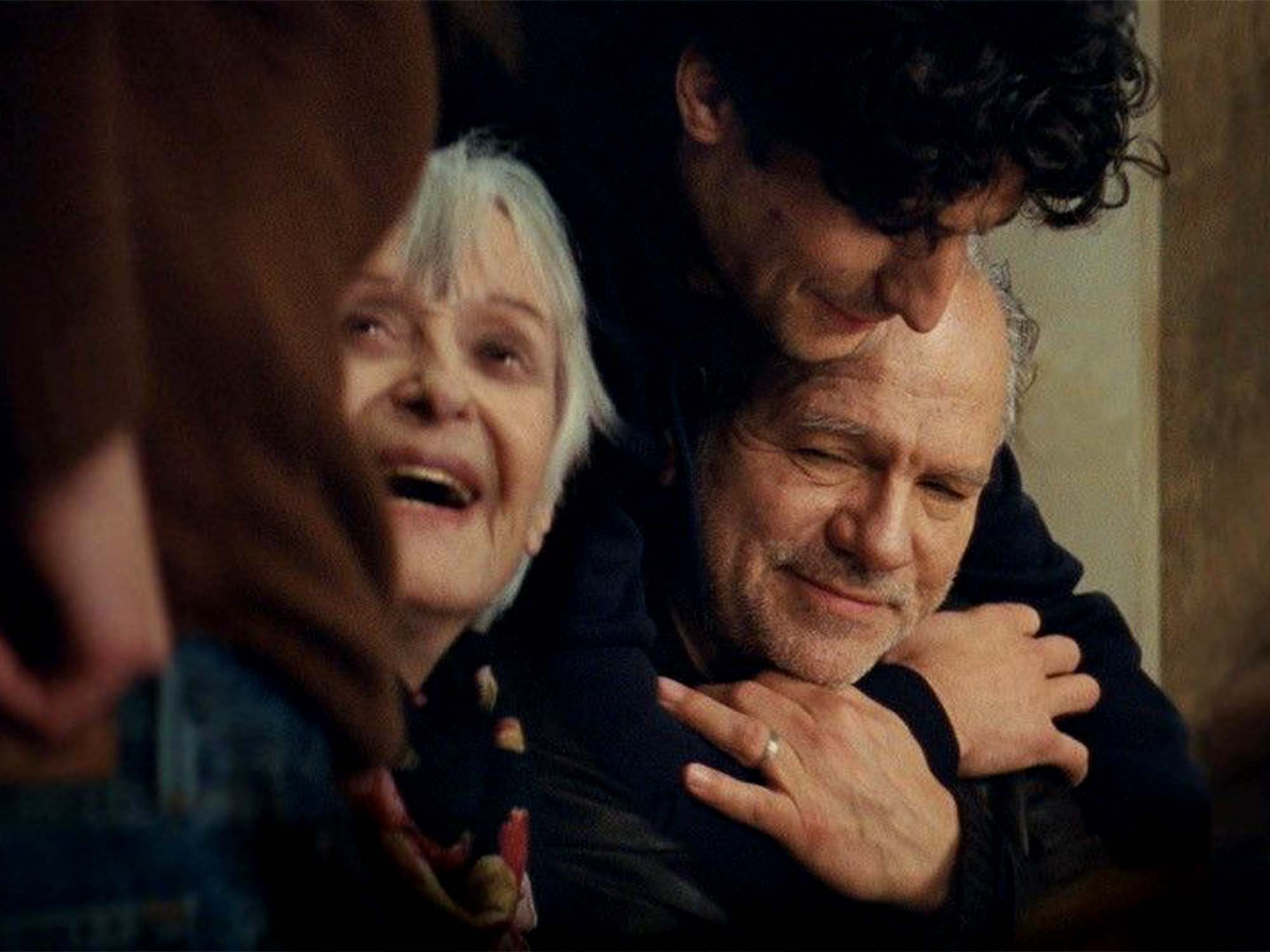Open relationships among celebrities — Shailene Woodley, Angelina Jolie, and, perhaps most notably, Will and Jada Pinkett Smith — have been conversation fodder for years. The dynamic is often dismissed as a Hollywood arrangement that can only be maintained by iron-clad NDAs.
In recent years, though, non-monogamy has become increasingly mainstream. About one in four adults is interested in having an open relationship, according to 2021 YouGov poll of 23,000 Americans.
Opening up a relationship can actually strengthen it, says Avital Isaacs, a therapist at Manhattan Alternative Wellness Collective, a mental health practice that serves queer and trans people, non-monogamous people, and sex workers.
“In a monogamous relationship, there is a typified kind of foreclosure,” she says. “The relationship is defined by what you don’t do and it can feel like a real reduction of self. There is less that you are actively doing with your partner.”
Non-monogamy allows you to explore more experiences that you otherwise might not have in a monogamous relationship. It can also help remind someone that their partner is desirable. “Seeing them go on dates with other people may inspire a sense of wanting to earn this person’s love and care,” Isaacs says. “For some people, that’s a big motivator, instead of taking each other for granted.”
3 rules for a successful open relationship
An open relationship tends to work best if you navigate it thoughtfully, says Megan Hanafee Major, a therapist who works with couples, marriage, gender, and sexuality based in the greater Chicago area.
“Most successful open relationships follow general rules around boundaries, communication, and goals,” she says.
If you’re interested in exploring an open relationship, here are Major’s three tips to get you started.
1. Define which kinds or relationships are OK
Decide if any types of relationships or people are “off limits,” Major says. “Communicate if you or a partner has a primary relationship that will take priority, and think about what type of information you share with other partners.”
Maybe being open means physical intimacy but not emotional. Whatever it is, you need to communicate your boundaries.
“Take time to think about personal boundaries as well as relational ones,” she says. “Know that it is OK to adjust these if needed, but respecting others’ boundaries and expecting them to do the same for you is a must.”
2. More communication is always better
In any relationship, communication is paramount. In an open one where expectations are even less clear you need to be more conscious about what you’re negotiating with your partner, Isaacs says.
“When you’re in a monogamous relationship you’re doing the framework provided for you based on our society and culture,” she says. “We prioritize and understand romantic relationships to be exclusive. If you’re in an open relationship, our cultural structures and systems are not designed for you.”
That can put you in uncharted waters.
For example, she says, you get a “plus one” at a wedding or a holiday party, not a “plus whoever you’re in a relationship with.”
Major agrees that when you’re bucking societal norms and creating a more unique dynamic between you and your partner, clear communication becomes even more necessary. “Personally, I am of the mind that more communication is nearly always better than less,” she says.
Be specific when discussing the parameters of your relationships. “Communicating to partners about expectations, logistics, like time commitments, and desires, allows trust and vulnerability to build and hold over time. Not only will this help manage any misunderstandings that arise — they are inevitable — but will show your partners that you value them, their thoughts, and their time.”
3. Know what your goals are and communicate if they change
Make sure you, your primary partner and potential new partners are all on the same page.
Some questions you can ask yourself, Major says, include:
- Do you hope to spend time doing specific activities?
- Would you like your partners to know one another?
- Are there certain things that you want to explore sexually or romantically?
“Goals may be different from relationship to relationship and are bound to change over time,” says Major. Being clear about them can alleviate hurt feelings and mixed messages down the road.
Sign up now: Get smarter about your money and career with our weekly newsletter
Don’t miss:
This CEO has 1 weekly activity that gives him the ‘very best ideas’—and you can do it, too
Young people need to ‘play the long game’ to achieve lasting success in their career, says CEO—here’s how to start
















































































